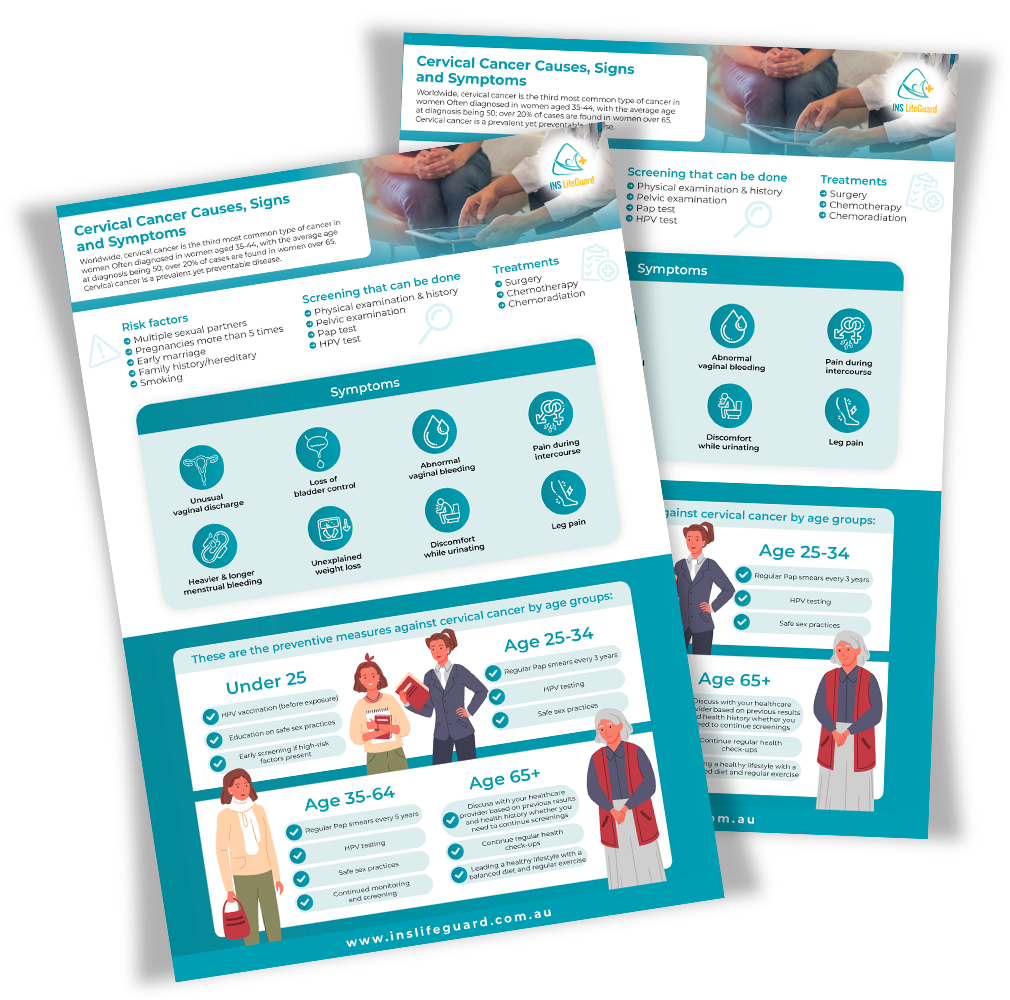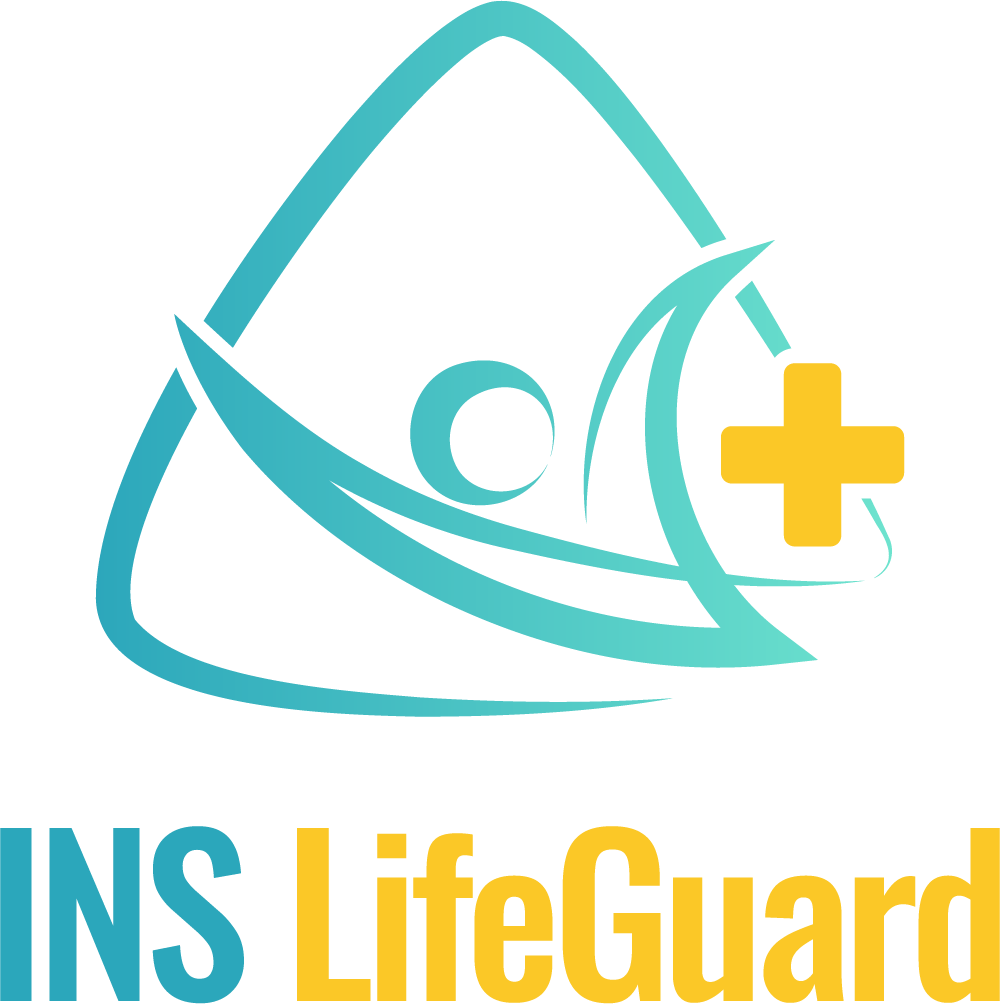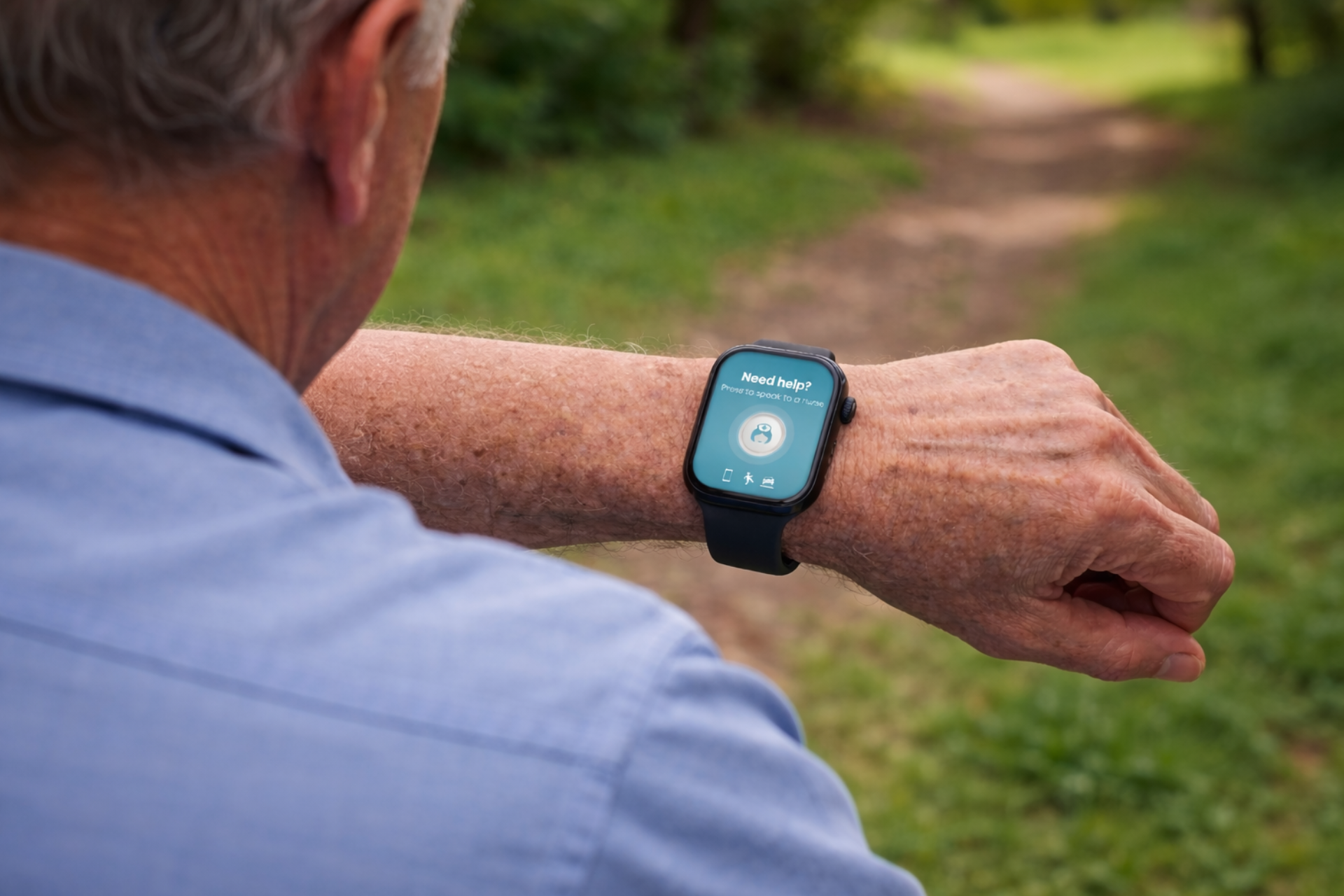Have a Question?
Cervical Cancer: Causes and Early Warning Signs

Cervical cancer is a prevalent yet preventable disease that affects the cervix. Worldwide, cervical cancer is the third most common type of cancer in women and can be prevented through vaccination, routine screenings, and timely medical interventions. It's often diagnosed in women aged 35-44, with the average age at diagnosis being 50; over 20% of cases are found in women over 65.
What is Cervical Cancer?
Cervical cancer typically originates from abnormal cell changes in the cervix. Human papillomavirus (HPV), a sexually transmitted infection, is a significant risk factor for the development of cervical cancer. However, not all HPV infections lead to cervical cancer, and certain strains of the virus are more likely to cause this condition.
Cervical cancer is primarily caused by persistent infection with high-risk strains of the human papillomavirus (HPV). HPV is a common sexually transmitted infection, and while most HPV infections clear up on their own, persistent infections can lead to changes in cervical cells, eventually progressing to cancer.
Importance of Early Detection
Early detection significantly impacts cervical cancer management and treatment. Identifying it early amplifies treatment success rates, making it more manageable. Moreover, it reduces the need for invasive procedures like surgeries or radiation, preserving fertility in some cases by targeting cancer without affecting reproductive organs. Survival rates notably increase when diagnosed early, highlighting the importance of regular screenings like Pap smears and HPV tests. Adhering to recommended screening schedules and promptly reporting potential symptoms, such as abnormal bleeding or pelvic pain, are crucial for early detection, enhancing the chances of successful outcomes.
Risk Factors
Several factors can increase the risk of developing cervical cancer:
| HPV Infection | Persistent infection with high-risk HPV strains, such as HPV 16 and 18, significantly raises the risk. |
| Lack of Regular Screenings | Not undergoing regular Pap smears or HPV tests increases the chances of undetected abnormalities that could progress to cancer. |
| Smoking | Tobacco use increases the risk of cervical cancer and can worsen the effects of HPV infection. |
| Early Sexual Activity | Beginning sexual activity at a young age may increase exposure to HPV and elevate the risk. |
| Multiple Sexual Partners | Having multiple sexual partners can increase the likelihood of contracting HPV. |
Symptoms of Cervical Cancer
Abnormal Vaginal Bleeding
- Post-Menopausal Bleeding: Bleeding after menopause, which is otherwise uncommon, can be a warning sign.
- Irregular Bleeding: Bleeding between periods, after sex, or excessively heavy menstrual bleeding may indicate an issue.
Pelvic Pain
- Persistent or worsening pain in the pelvic area or during intercourse could be a symptom of cervical cancer, especially if it's unusual or not associated with other known conditions.
Unusual Vaginal Discharge
- A change in the colour, odour, or consistency of vaginal discharge, especially if it becomes watery, bloody, or foul-smelling, should be addressed with a healthcare professional.
Painful Urination
- Pain or discomfort during urination that isn't due to a urinary tract infection might be an indicator of cervical cancer.
Lower Back Pain
- Chronic or persistent lower back pain, unrelated to physical strain or injury, might sometimes be associated with advanced cervical cancer.
Cervical Cancer Causes, Signs and Symptoms
Worldwide, cervical cancer is the third most common type of cancer in women Often diagnosed in women aged 35-44, with the average age at diagnosis being 50; over 20% of cases are found in women over 65. Cervical cancer is a prevalent yet preventable disease.

INS LifeGuard personal alarms help people to live more independent, active lives knowing that a nurse is on call and help is available at the press of a button, 24 hours a day, seven days a week.

About
INS LifeGuard is the only 24/7 nurse on-call personal and medical monitoring in Australia. We provide monitoring technology for both in the home and on the go and can also monitor other provider's equipment. Our services are suitable for anyone wanting support to stay independent such as the elderly, those with medical conditions and disabilities plus enhancing safety and security for lone workers.

















